It is exactly 30 years today since President Muhammadu Buhari was ousted – alongside his de facto vice president and chief of staff, Tunde Idiagbon – as head of state of the federal republic of Nigeria.
Ibrahim Babangida, a retired general of the Nigerian army, profited from the coup, becoming head of state after the August 27, 1985 coup d’état.
Sambo Dasuki, the immediate past national security adviser, has been regularly mentioned as one of the officers who arrested Buhari during the coup. But the leader of the coup plotters, Abdulmuminu Aminu, then a major, has since clarified that this widely-held belief is false.
Alongside Aminu, the two other officers are John Madaki and Lawan Gwadabe, who were also majors at the time.
Advertisement
Thirty years after that incident, Buhari is now civilian president of the country at the fourth time of asking. But what has happened to other actors of the coup?
IBRAHIM BABANGIDA
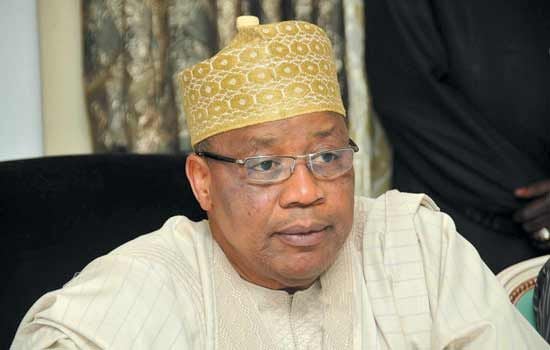
The arrowhead of the plot, Babangida became the new military head of state, and ruled for eight years before handing over power to Ernest Shonekan, whose interim reign was short-lived following a coup that brought Sani Abacha to power.
Babangida is best remembered for annulling the 1993 general election, often regarded as the “freest and fairest” in the country’s history. His 1986 Structural Adjustment Programme (SAP), suggested by the World Bank and the International Monetary Fund (IMF), did not spur the economic growth predicted and is still believed to at the heart of the country’s economic woes till date..
Advertisement
The 74-year-old attempted to run for president under civilian rule in 2007 and 2011, but withdrew from both races on “moral grounds”. In 2007, he particularly said he could not run against Umaru Musa Yar’Adua, being the younger brother of his former ally, Shehu Musa Yar’Adua.
In December 2014, IBB described then president Goodluck Jonathan as his son, and urged “anyone who meant well for the country” to support his tenure. Two months later, he hosted Buhari, the man he ousted in 1985, at his home and backed his presidential bid.
ABDULMUMINI AMINU
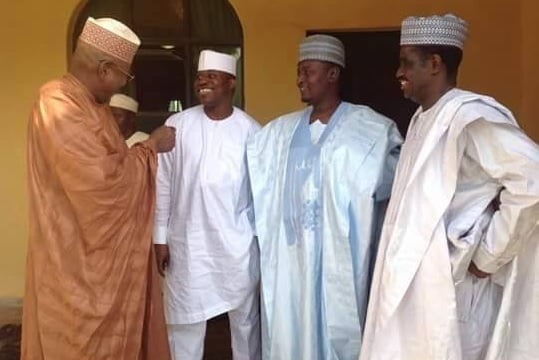
After the coup, Babangida appointed Aminu as governor of Borno state.
Aminu led the state for two years, before moving on to become an instructor at the Armed Forces Command and Staff College, Jaji. He was later appointed deputy military secretary and acting General Officer Commander (GOC) Jos, before ascending to the post of the commander of the National Guard, saddled with the improvement of national security.
Advertisement
Retired as a colonel and national security adviser when Abacha took power in 1993, Aminu veered into football, chairing the Nigeria Football Association (NFA) in 1997.
He was NFA president during the Super Eagles’ initially-promising but eventually-dismal participation at the France ’98 FIFA World Cup. He also contested and won an election to become president of the West Africa Football Union (WAFU) between 1999 and 2002.
Aminu, who hails from Buhari’s Katsina state, ran for governor of the state in April 2003, but it was Umar Yar’Adua who won. Leveraging on his sporting background, he sought to become chairman of the National Sports Commission (NSC), but he lost that, too.
JOHN MADAKI
Like Aminu, Babangida also rewarded Madaki, appointing him governor of Katsina state from December 1989 to January 1992.
Advertisement
However, since exiting the political scene, Madaki, who has constantly been referred to as an “IBB boy”, has been better known for his involvement with Golf and the Catholic Church.
He became the first captain of the IBB Golf and Country Club and chairman of the Federal Capital Territory Christian Pilgrims Welfare Board, before he was appointed chairman of the Securities and Exchange Commission (SEC) in May 2001 by Olusegun Obasanjo’s administration.
Advertisement
In 2003, he supported IBB’s bid to become the nation’s president, helping the general push his campaign to the Catholic Church. In August 2007, he was appointed special advisor on security to the FCT Minister Aliyu Umar.
LAWAN GWADABE
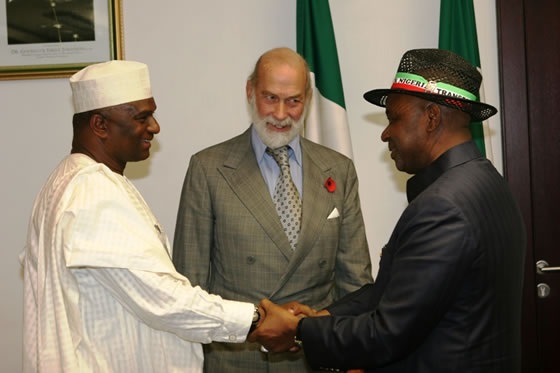
After the coup, Gwadabe assumed chairmanship of the National Shipping Line. He was later promoted to the rank of lieutenant colonel, before his appointment as governor of Niger State (1987-1992).
Advertisement
He was commander of the nascent National Guards before his appointment as chief of the Gambian army, succeeding another Nigerian, late Abubakar Dada.
He returned to Nigeria to become principal staff officer to Abacha and later commander of an Armoured Brigade in Yola. But he fell out with Abacha after he was accused of complicity in a planned coup., and he was tortured, “convicted” and jailed in March 1995 alongside Oladipo Diya, Abacha’s vice president.
Advertisement
Gwadabe was granted state pardon after Abacha’s death and appointed by Yar’adua in February 2009 as chairman of the board of the Federal Road Safety Commission (FRSC). Gwadabe supported Babangida’s short-lived 2007 presidential bid.
NIGERIA THEN, NIGERIA NOW
One day after the coup, Joshua Dogonyaro, then a brigadier-general, made the first official statement on behalf of the coup plotters, on Lagos radio.
“The armed forces cannot stay passive and watch a small group of individuals misuse power to the detriment of our national aspirations and interest,” he said.
Babangida had his first radio broadcast afterwards, and he promised to end “the mismanagement of the economy, lack of public accountability, insensitivity of the political leadership and a general deterioration in the standard of living”.
Thirty years later, these are the very issues that Nigeria is still dealing with.
1 comments

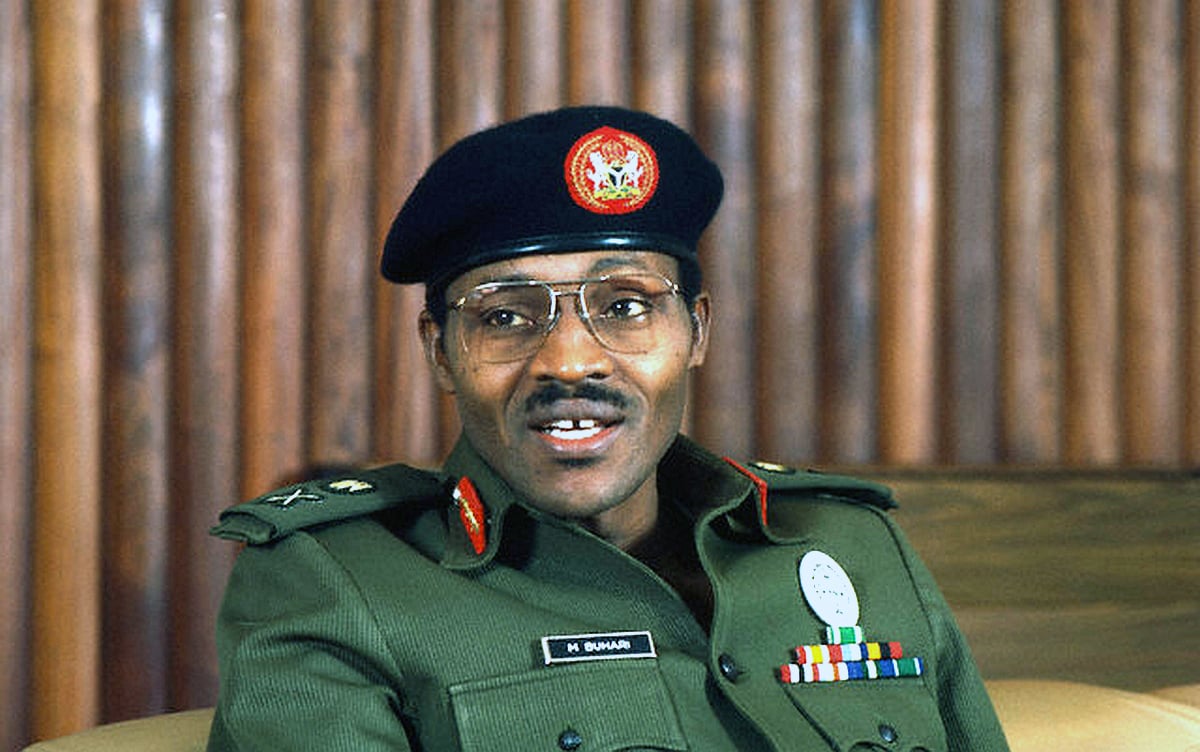
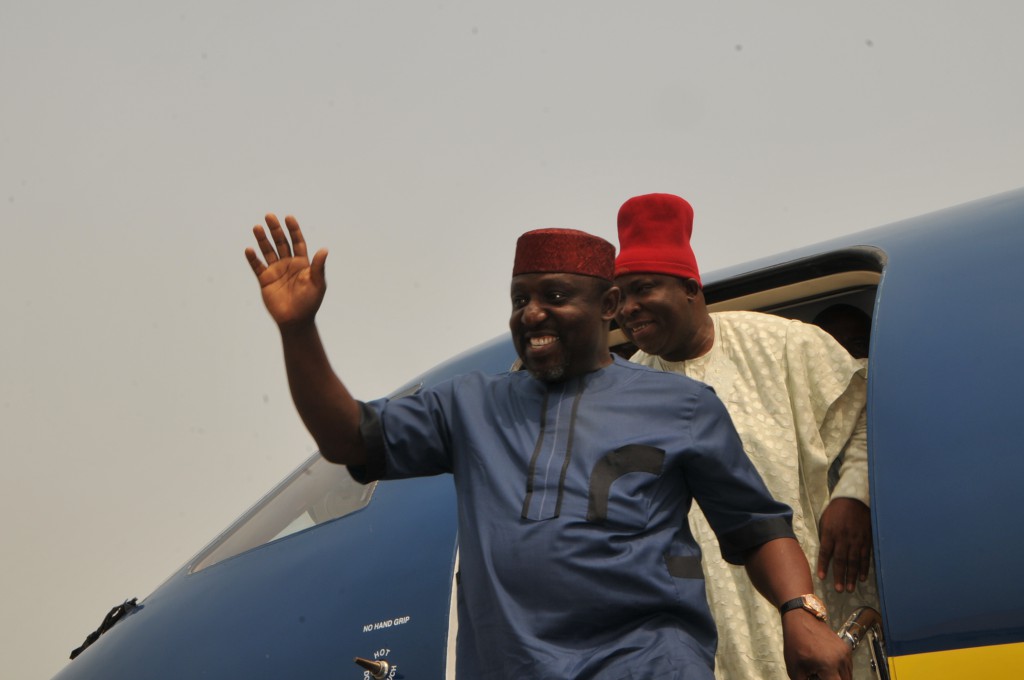
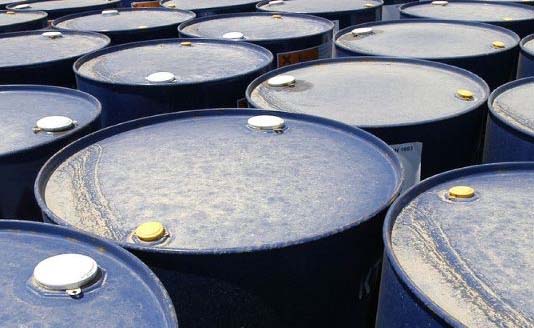
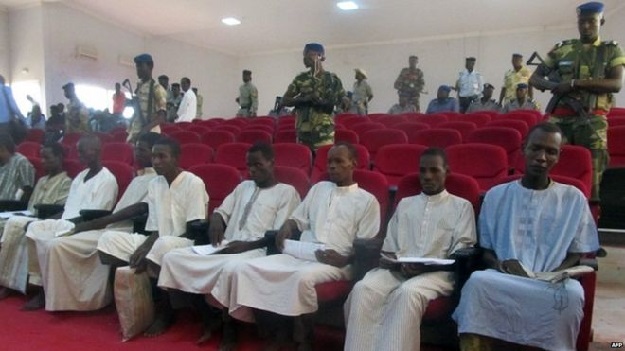
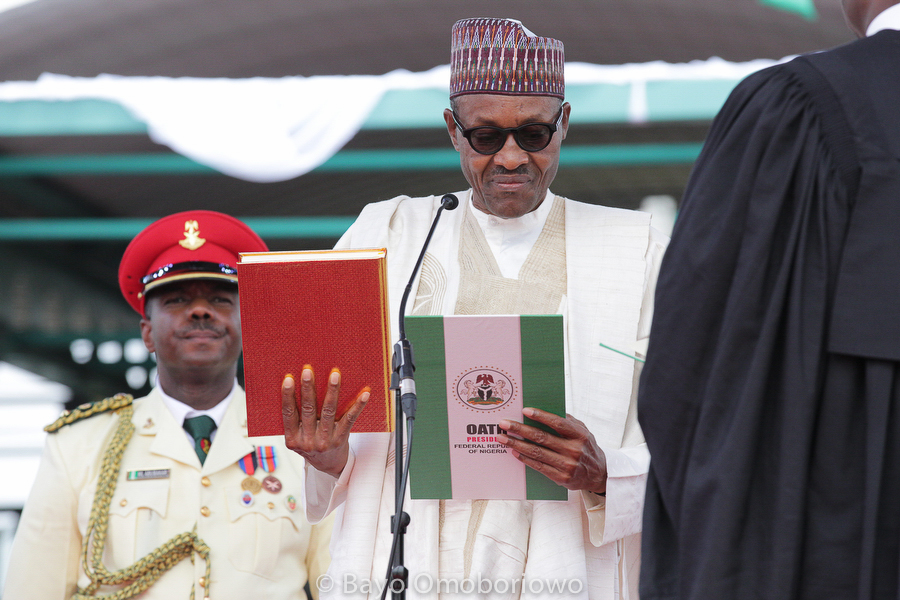
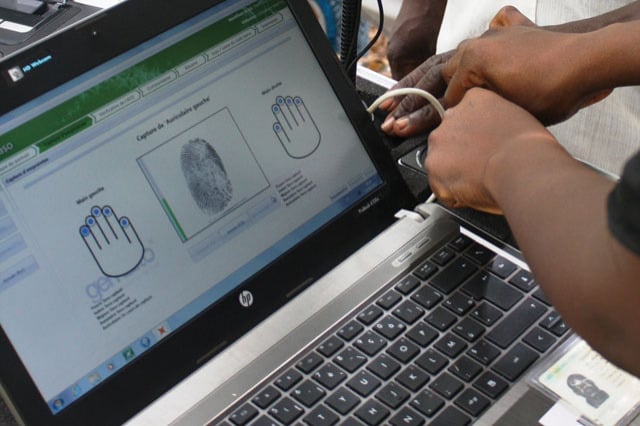
Insightful and informative. Kudos. We are still swimming in corruption and others, but very soon ehn…………